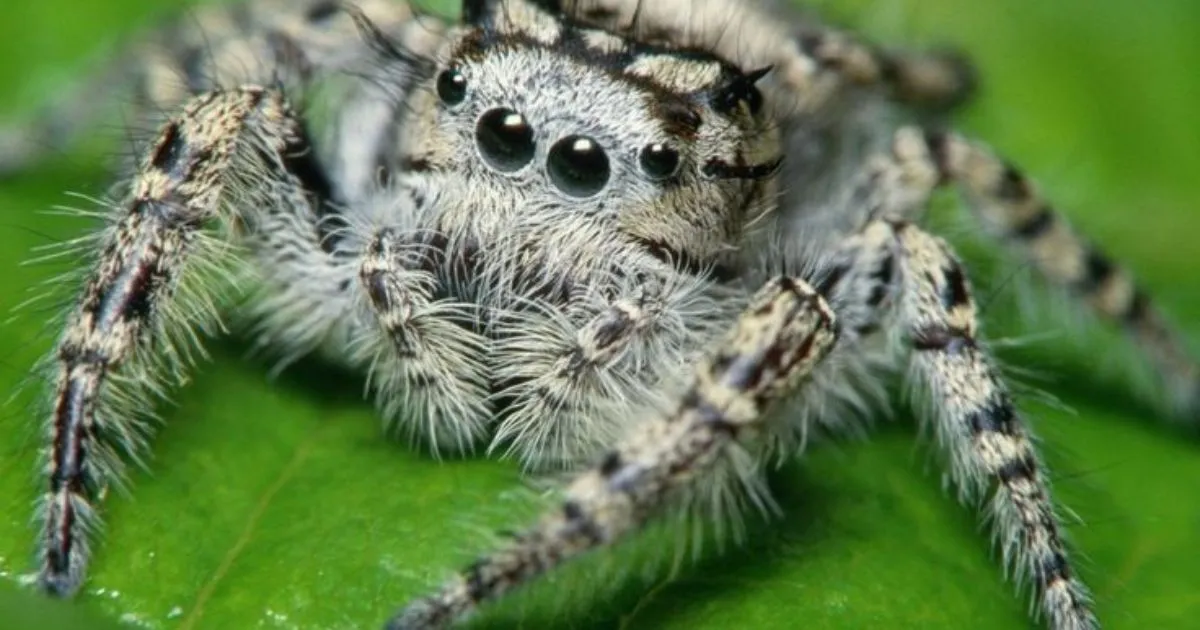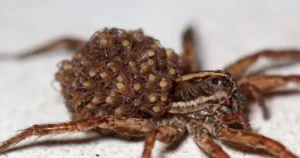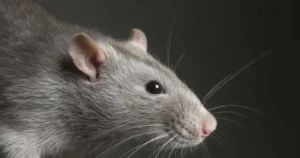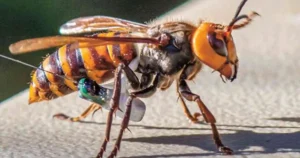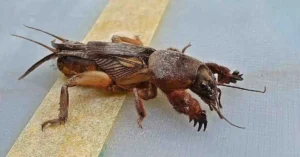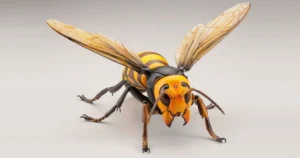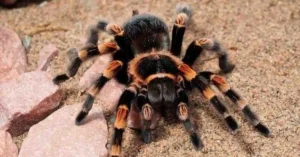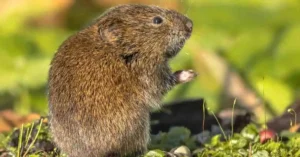Spiders, while beneficial to ecosystems, are unwelcome visitors in most homes. Managing and preventing spider infestations requires understanding their habits and taking effective steps to reduce their presence. This guide outlines practical and natural methods to eliminate spiders, keeping your home safe and comfortable.
Why Do Spiders Invade Homes?
Spiders usually enter homes in search of food, shelter, or suitable conditions to thrive. Several factors attract spiders indoors:
- Insect Presence: Spiders feed on insects. A home with flies, ants, or other pests can be a haven for spiders.
- Climate Control: Extreme temperatures push spiders to seek refuge indoors where they can find stable conditions.
- Dark, Undisturbed Spaces: Areas such as basements, attics, or closets provide ideal hiding spots.
By understanding these attractants, you can proactively reduce the chances of spider infestations.
Common Types of Spiders Found Indoors
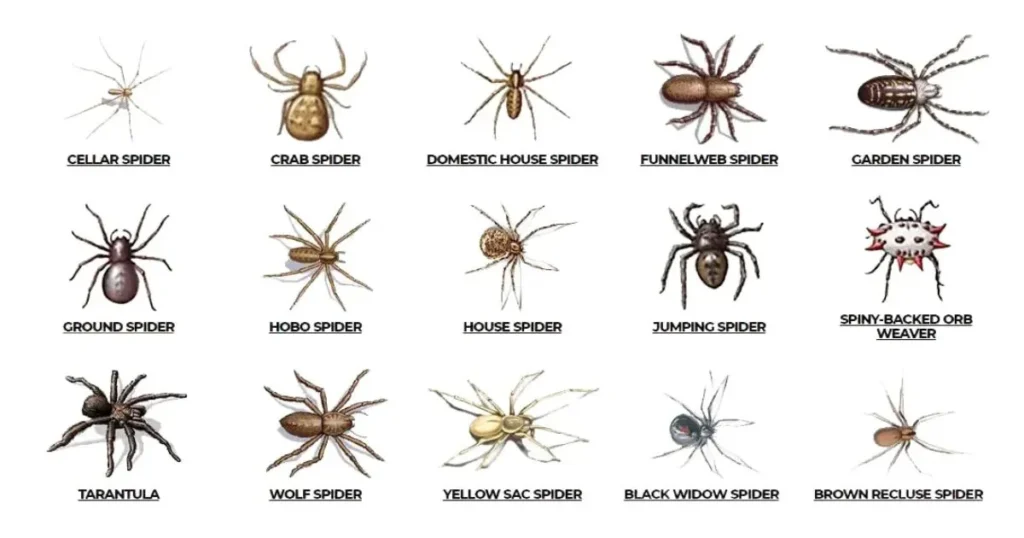
Spiders differ in appearance, habits, and risk level. Knowing the type of spider can help you decide the best way to deal with them.
1. House Spiders
Typically harmless, these small brown spiders are among the most common indoor species. They are excellent at catching flying insects.
2. Wolf Spiders
Known for their large size and ground-hunting behavior, wolf spiders don’t spin webs but are intimidating due to their speed and appearance.
3. Black Widow Spiders
These venomous spiders are shiny black with a red hourglass marking. They are rare but can pose significant health risks if provoked.
4. Brown Recluse Spiders
Another venomous species, brown recluse spiders are identified by their violin-shaped marking. Bites require medical attention.
Signs of a Spider Infestation
Recognizing the early signs of spider activity can prevent infestations from worsening. Look for:
- Cobwebs in Corners: Webs indicate active spiders using the space for hunting and reproduction.
- Spider Sightings: Frequent sightings, especially in specific areas, suggest growing populations.
- Egg Sacs: These small silk sacs, often attached to webs or hidden in corners, can contain hundreds of spider eggs.
Effective Methods to Eliminate Spiders
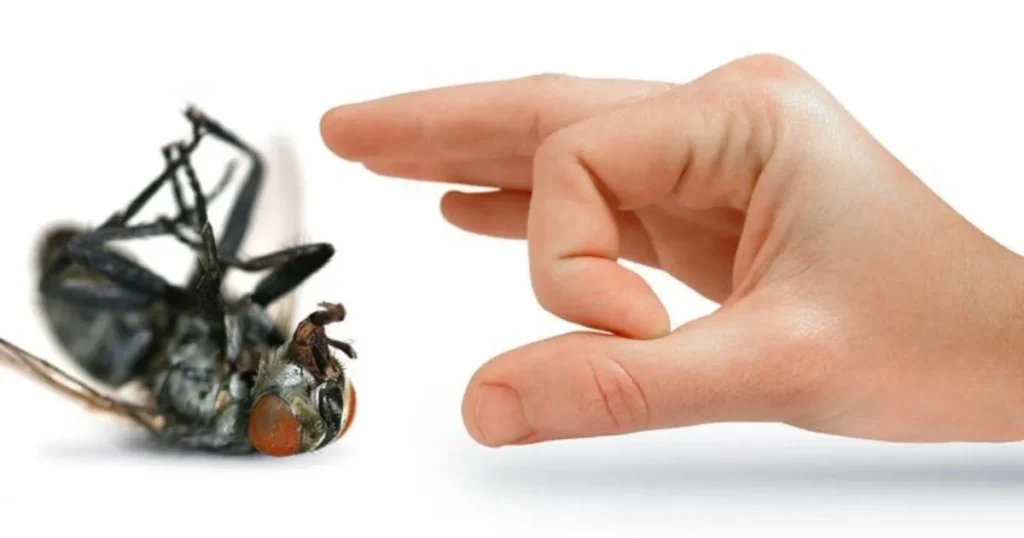
Dealing with spiders requires a mix of cleaning, preventive measures, and occasional professional help. Here are step-by-step methods:
1. Declutter Your Home
Spiders thrive in cluttered spaces. Reduce piles of old newspapers, boxes, and other items that provide hiding spots. Store belongings in airtight containers.
2. Remove Spider Webs
Regular removal of webs disrupts the spider’s habitat and reduces their numbers. Use a vacuum cleaner or broom to clear webs both indoors and outdoors.
3. Use Natural Repellents
Natural remedies are effective and safe alternatives to chemical treatments. Popular choices include:
- Peppermint Oil: Spiders dislike the strong scent. Mix a few drops with water and spray around windows, doors, and corners.
- Vinegar Solution: Equal parts of vinegar and water make a repellent spray that deters spiders.
- Citrus Peels: Placing citrus peels in strategic areas can discourage spider activity.
4. Seal Entry Points
Inspect and seal cracks, crevices, and gaps in walls, windows, and doors. Install weather stripping and repair damaged screens to block spiders’ entry.
5. Adjust Lighting
Outdoor lights attract insects, which, in turn, draw spiders. Use yellow sodium vapor lights or motion-activated lighting to reduce this effect.
6. Maintain Outdoor Areas
Outdoor spaces often serve as breeding grounds for spiders. Prevent them from entering your home by:
- Trimming bushes and plants close to your house.
- Storing firewood away from the foundation.
- Clearing debris and maintaining a dry yard to eliminate hiding spots.
Spider Prevention Tips
1. Regular Cleaning
Frequent vacuuming, sweeping, and dusting help remove spiders and their webs. Pay attention to hidden spots like under furniture, in storage rooms, and around windowsills.
2. Control Indoor Humidity
Spiders and their prey are attracted to damp areas. Use dehumidifiers, fix leaking pipes, and ensure good ventilation in basements and bathrooms.
3. Reduce Insect Populations
Spiders thrive where food is abundant. Use eco-friendly insecticides or sticky traps to control indoor pests like flies and ants.
4. Create an Open Landscape
An open, well-maintained garden deters spiders by eliminating shaded and damp areas. Ensure proper spacing between plants and clean gutters regularly.
When to Call Professionals
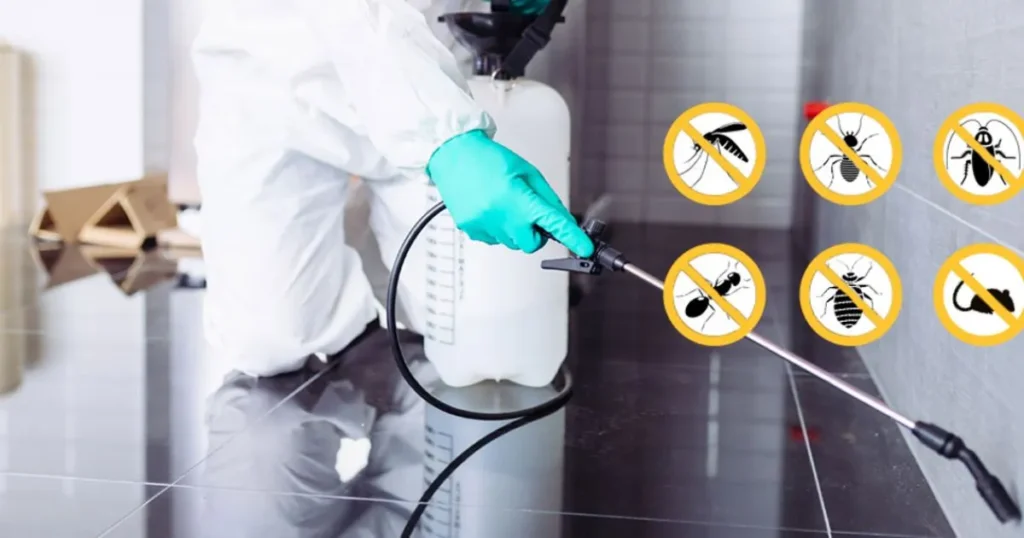
In cases of severe infestations, professional pest control services are the most effective solution. Professionals use targeted treatments such as:
- Eco-Friendly Pesticides: Low-toxicity options that are safe for pets and humans.
- Exterior Web Removal: Removing webs and egg sacs from the house’s exterior reduces future infestations.
- Interior Spot Treatments: Focused applications in high-risk areas to control active spiders.
Conclusion
Spiders are an integral part of the ecosystem, but their presence in homes can be unwelcome. By addressing attractants, maintaining cleanliness, and employing natural and professional remedies, you can keep spiders at bay. With a little effort and consistency, your home can remain spider-free.
FAQs
What attracts spiders to my house?
Spiders are drawn to homes with abundant food sources (insects), moisture, and dark, cluttered spaces that provide shelter.
Are natural remedies effective against spiders?
Yes, natural repellents like peppermint oil, vinegar, and citrus are effective and safe ways to deter spiders.
How do I know if a spider infestation is severe?
Frequent sightings, multiple webs, and the presence of egg sacs indicate a severe infestation that may require professional intervention.
Can professional pest control services prevent spiders?
Yes, professional services offer targeted treatments that eliminate existing spiders, prevent infestations, and reduce food sources (insects).

James William is a passionate animal lover and expert in the Animals and Pets niche. With years of experience in pet care, wildlife studies, and blogging, James shares practical tips, heartwarming stories, and expert advice to help pet owners build stronger bonds with their furry, feathered, and scaly companions.
